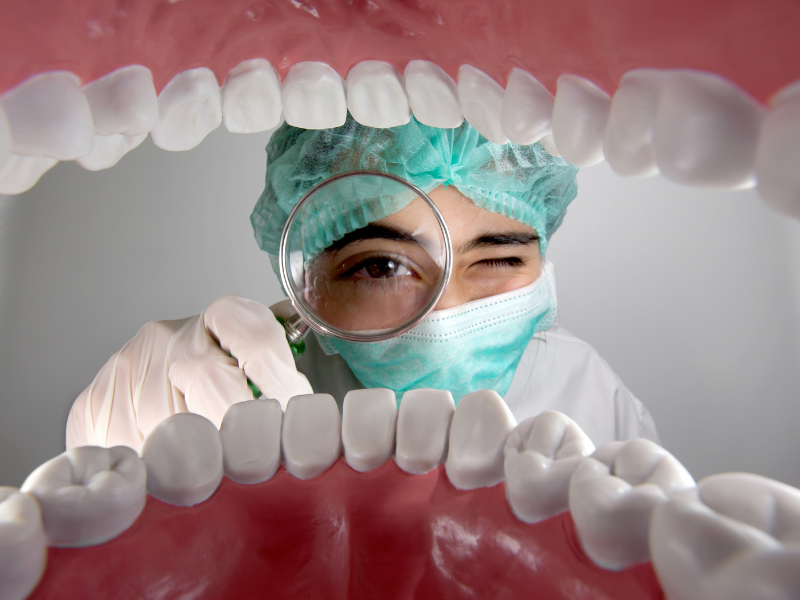Dental health impacts many aspects of daily life, from eating to speaking. When oral health challenges arise, such as chronic dental pain or damaged teeth, oral surgery plays a key role in restoring dental function. Understanding the steps and purposes of surgery helps patients make informed decisions about their treatment paths. Here’s information about oral surgery basics, when you may need it, and what to expect:
What To Know About Oral Surgery
Oral surgery involves targeted procedures designed to address problems within the mouth, jaw, and facial regions. Common forms of dental surgery are used for tooth extraction, removal of impacted teeth, repairing areas of trauma, treating oral infections, and placing dental implants. These surgeries can enhance both the comfort and function of teeth and jaws. Dentists often recommend surgery when other treatments do not fully address underlying issues.
When To Get Surgery for Better Dental Functioning
Not every dental problem requires surgery, but certain situations may call for this intervention. The goal of surgery is to restore proper function, relieve discomfort, and prevent further oral health issues. Persistent pain, swelling, or discomfort in the teeth, gums, or jaw often signals a deeper issue with oral health. If you experience difficulty chewing, speaking, or opening your mouth fully, it could indicate structural or functional problems that a surgery can address.
If you are dealing with severe tooth decay, damage, or gum disease that cannot be resolved through less invasive treatments, surgery may be recommended to preserve the health of your mouth. A consultation with your dentist or oral surgeon is fundamental for a personalized evaluation. Your provider determines the best course of action for your specific situation.
Extractions
A tooth extraction is the purposeful removal of a tooth that is severely decayed, damaged, or contributing to crowding. Removing a problematic tooth can relieve pain, halt the spread of infection, or prepare for orthodontic treatment. After an extraction, options like dental implants or bridges help restore chewing and speaking functions.
Impacted Teeth
Impacted teeth, often seen with wisdom teeth, may cause discomfort or disrupt tooth alignment. Impacted teeth, like wisdom teeth that fail to emerge properly, often require removal through oral surgery to prevent crowding or infection. Oral surgeons safely remove impacted teeth, protecting nearby structures and restoring balance within the bite. Addressing these issues is fundamental for long-term dental health and comfort.
What To Expect From Dental Surgery
The process of oral surgery typically begins with a thorough evaluation, during which a dental professional assesses your oral health history, current concerns, and future needs. Diagnostic tools, such as X-rays, help assess the area of concern. During surgery, dentists use anesthesia and sedatives to keep patients comfortable and manage pain.
Recovery varies based on the type and extent of the procedure. Many patients experience a relatively quick recovery, especially when following aftercare instructions closely. The dentist or surgeon guides post-surgical care and may include specific eating guidelines, oral hygiene recommendations, and follow-up appointments to monitor healing. Open communication with the dental team can help address any concerns or questions you may have during recovery.
Key Benefits of Oral Surgery in Restoring Dental Function
Some impactful benefits from surgery procedures include:
- Relieving Pain: Procedures such as extractions or treating infections can resolve ongoing discomfort.
- Repairing Damaged Tissues: Surgery can address injuries to the gums, jaw, or bone.
- Correcting Jaw Bone Problems: Misalignment or bone loss can be managed through surgical approaches.
- Removing Infections: Timely intervention may prevent the spread of harmful bacteria.
- Preventing Tooth Loss: Treating severe gum disease or injury can help retain natural teeth.
- Restoring Your Smile: Replacing missing or damaged teeth helps rebuild confident, functional smiles.
Restore Your Health With Oral Surgery
Oral surgery can be key to regaining comfortable chewing, clear speech, and healthy oral function. Whether you’re facing tooth pain, dental injury, or concerns about jaw health, surgical interventions offer fundamental support for long-term wellness. If you’re looking for solutions to restore your dental function, contact your dental provider today to explore the options best suited for you.
- Is IXL Bad For Mental Health – 10 Hidden Effects You Shouldn’t Ignore!
- How To Choose a Water Purification System for Your Needs
- How Podiatrists Help With Common Foot Conditions
- Obesity Medicine for Kids and Teens: How Specialists Approach Youth Health
- The Role of Dermatology in Treating Skin Conditions Like Eczema


Leave a Reply